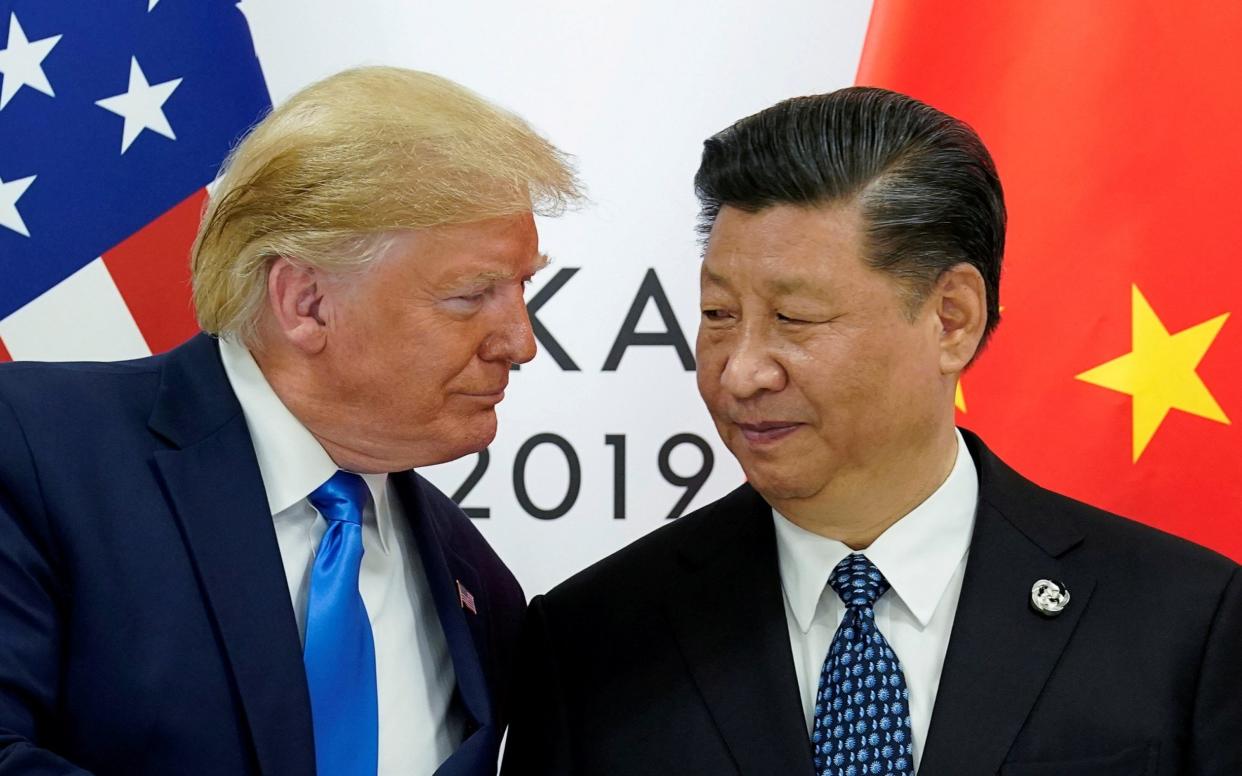US lawmakers introduce bill seeking to change how government refers to Chinese leader Xi Jinping

US lawmakers have introduced a bill that seeks to change how the government refers to Xi Jinping, the leader of China, and would prohibit calling him “president”, instead refering to him by his official titles.
Mr Xi is head of state, or literally “state chairman” in Chinese. He is also the general secretary of the Communist Party and the chairman of the central military commission, making him the most senior official in charge of the military.
The bill would specifically block the use of federal funds to create or disseminate official government documents or communications that refer to Mr Xi as “president”, as that would confer unwarranted legitimacy to a leader who is not democratically elected.
While the bill is unlikely to progress very far, it does reflect a shift already occurring in the US government in how officials refer to Mr Xi.
Senior government officials, including US secretary of state Mike Pompeo, have begun calling him the general secretary of the Party in broader efforts to differentiate the Communist government from the Chinese public.
The legislation was introduced by Scott Perry, a Republican congressman from Pennsylvania who has in recent months brought forward a spate of bills directed at China.
His bills have proposed rejecting China’s territorial claims in the East and South China Sea, to recognise Tibet as a country, and to hold China accountable for “deceitful and deceptive actions” at the World Health Organization over coronavirus.
The new bill is the latest in a series of actions from different parts of the US government directed at China as Washington and Beijing clash over trade, technology, coronavirus, espionage and human rights.
The US treasury and commerce departments have placed sanctions against Chinese officials responsible for human rights violations against ethnic Muslim minorities in China and eroding freedoms in Hong Kong. The department of justice has also brought a number of cases involving theft of trade secrets and traditional espionage.

 Yahoo News
Yahoo News 
